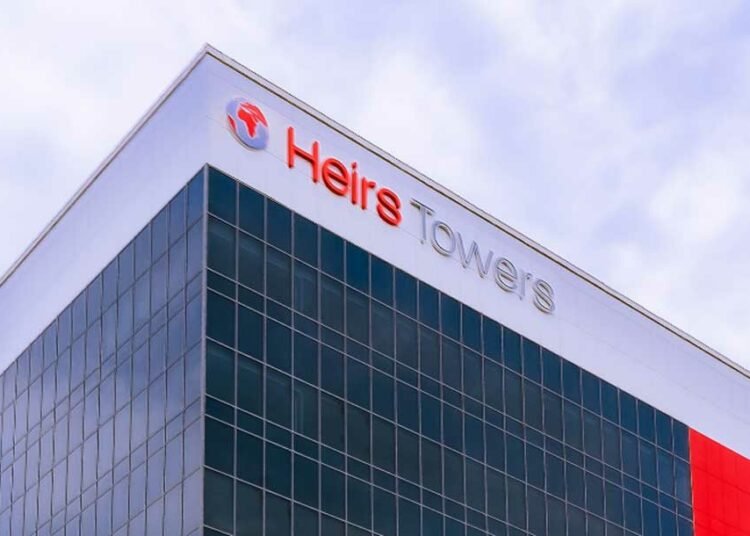Stakeholders in the mining sector across Africa and the world will deliberate on ways to combat illegal mining, especially in Ghana and on the continent even as they will be persuading international investors to invest in the mining sector that promises much potential.
To this end, Ashanti Green Initiative is advocating the formalisation of Ghana’s artisanal and small-scale mining sector, aiming to position the country as a leader in responsible gold production ahead of the 2025 Mining in Motion Summit.
The Summit, set to take place between 2nd and 4th of June, 2025 in Accra, Ghana, aims to formalise Ghana’s artisanal and small-scale mining (ASM) sector, with the aim of positioning the country as a leader in responsible gold production.
Speaking on this development, mining governance expert, Charles Kwarteng Antwi, said: “Ghana’s gold must power more than profits. It must power schools, health clinics, clean rivers, forest restoration and create thriving and sustainable communities.
“Our vision at AGI is one where Ghanaian gold is fully traceable from mine to market, produced under conditions that respect human rights and the environment, recognised globally but rooted locally, and used as a tool not just for export, but for domestic and continental economic empowerment.”
Ghana, which produces more than 130 metric tonnes of gold annually – 35 per cent of it from ASM – faces a critical inflection point. While the ASM sector supports more than 1.1 million people across over 100 districts, it remains largely informal, limiting miners’ access to finance, safety standards and global markets.
“The paradox is clear: while ASM contributes over $2 billion in annual gold exports, the very actors producing this gold remain marginalised from its value.
“The solution lies in the formalization of the sector, not as a tool for punishment, but to be seen as a tool for empowerment,” said Charles.
The Mining in Motion Summit, organised by AGI in collaboration with the World Bank, World Gold Council and other global partners, will convene public and private sector leaders, development organisations and traditional authorities.
Key participants include H.E. John Dramani Mahama, President of Ghana, alongside delegations from South Africa, Mali, Côte d’Ivoire, ECOWAS, the African Union and the United Nations Development Programme.
The event is expected to feature site visits to artisanal mining areas undergoing rehabilitation, and a three-day agenda of panels and working groups focused on responsible sourcing, traceability, formalization strategies and ESG compliance.“
This is where Africa asserts its place in the global gold economy – not as a passive exporter, but as a standard-setter, innovator and unifier within the space,” said Charles.
Additionally, he emphasised the importance of aligning with global gold standards, including the OECD Due Diligence Guidance, the London Bullion Market Association’s Responsible Gold Guidance and the UAE Good Delivery Standard.
However, implementation requires investment and infrastructure. “Setting up a compliance infrastructure comes at a cost: miners need training; cooperatives need formal recognition; certification requires labs, logistics and digital systems. This is why AGI is calling for international investments to ensure desired growth and outcomes,” said Charles.
We’ve got the edge. Get real-time reports, breaking scoops, and exclusive angles delivered straight to your phone. Don’t settle for stale news. Join LEADERSHIP NEWS on WhatsApp for 24/7 updates →









